One of the most intriguing elements of the vast Dune universe has always been the Bene Gesserit, a secretive order of women who serve as the “power behind the throne” to many ruling houses while they secretly enact a vast plan of genetic manipulation to bring about the fated Kwisatz Haderach. HBO’s new series, Dune: Prophecy, tells the story of the Bene Gesserit order in its early years, rather than the well-developed monolith of later novels and films. This allows Dune: Prophecy to tell the story of women fighting for power and status in a universe seemingly determined to oppose them at every turn.
Game Rant spoke to producer and writer Alison Schapker and actresses Emily Watson (Mother Superior Valya Harkonnen), Olivia Williams (Reverend Mother Tula Harkonnen), and Chloe Lea (Sister Lila) about how Dune: Prophecy centers women, particularly in its depiction of the Bene Gesserit. Watson and Williams also discuss what it was like getting to play members of House Harkonnen, which has typically been relegated to a villainous role in previous Dune media, in a much more nuanced way. This transcript has been edited for clarity and brevity.
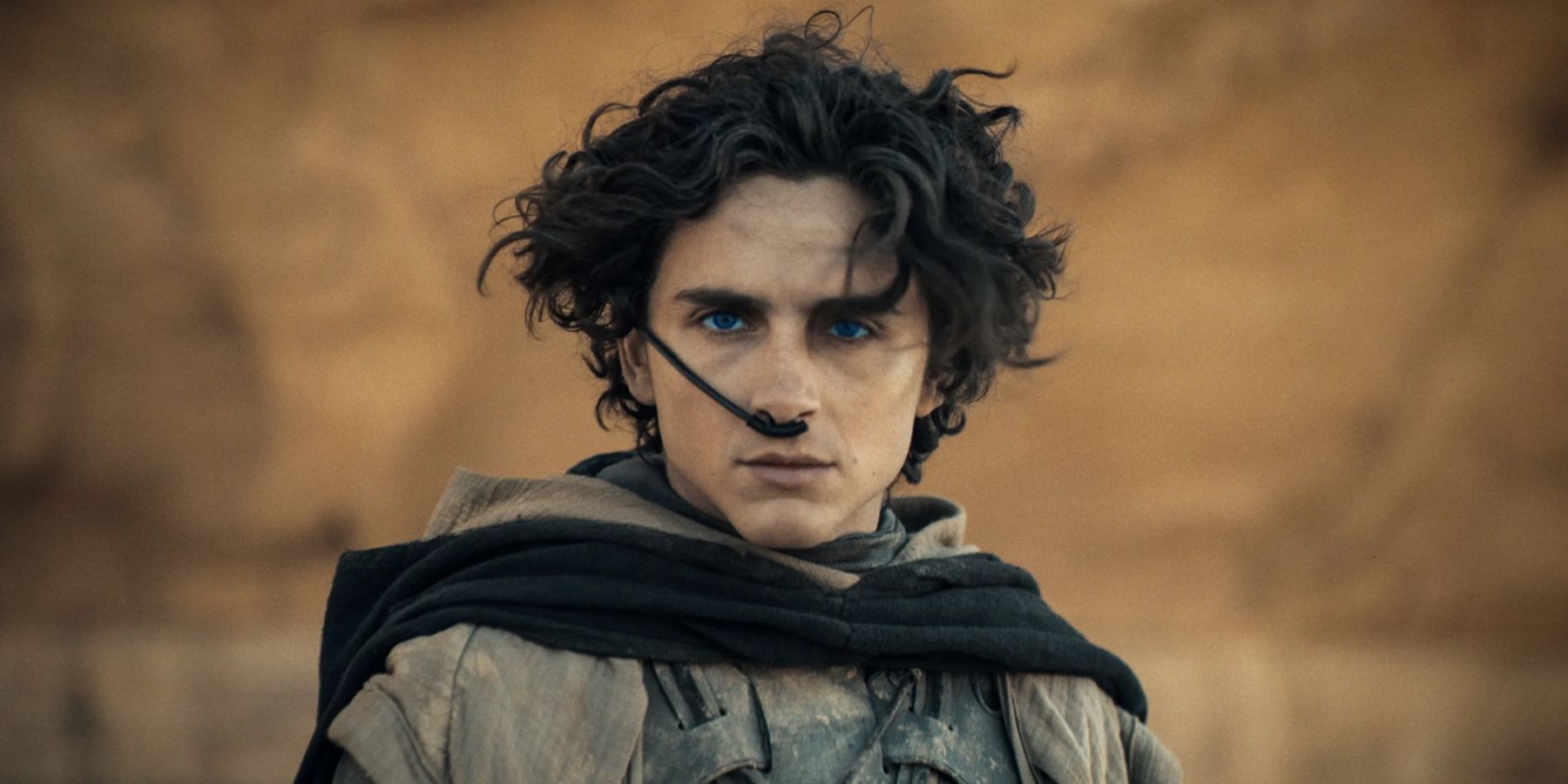
Related
Denis Villeneuve Reveals Plot Details & Reasoning Behind A Third Dune After The Conclusion of Part II
Denis Villeneuve has put forth an explainer on his upcoming third film that will help Dune fans unfamiliar with the books understand what’s coming.
Valya And Tula Bring Nuance To House Harkonnen
In Dune: Prophecy, the Bene Gesserit organization is under the leadership of Mother Superior Valya Harkonnen (Emily Watson), its second leader, following the passing of Raquella Berto-Anirul. Valya is a conflicted individual – she is loyal to the Sisterhood but still feels some tie to her exiled and disgraced family. Her sister, Tula (Olivia Williams), also feels this pull, as both sisters witnessed the cruel treatment of House Harkonnen by the other Imperium houses, particularly the Atreides, in their youth.
Q: Historically, House Harkonnen has been “the bad guys” of the Dune franchise – Baron Harkonnen being the series’ iconic villain. What is it like to show viewers a more nuanced take on House Harkonnen, playing Harkonnen characters who are not one hundred percent villainous?
Williams: Well, they’re just misunderstood, as all bad people are. [Laughs]
The origin story is never as simple as history sometimes portrays. You know, when we were studying these characters, we went to the Royal Portrait Gallery to look at the Tudor kings and queens and their cousins and sisters – who they would variously murder. It’s either played out at court or at the breakfast table, and that was the joy.
And actually, we must give credit to the women who played our younger selves, who brought such subtlety. They came in after we’d been cast, so they were, to some extent, sort of impersonating us as their later selves, and then we could draw on what they did to inform us as the grown characters. It was a really lovely symbiotic relationship with Emma [Canning, who plays young Tula] and Jessica [Barden, who plays young Valya].
Watson: Yes, just to have that synergy. Whenever you play a character, you always look back into their childhood and what has formed them, what has made them what they want. To actually have that played out on screen by two incredible young actresses, it’s really quite a privilege, isn’t it?
Williams: And also – it’s a debate that’s going on in the world at the moment. What made the Harkonnen so brutalized – generations of injustice.
Watson: Banishment.
Williams: That’ll do it! Remember, this is 10,000 years before Dune, so there’s lots of time to evolve and for the wounds to really be ripped open and re-examined many, many times.
Q: On that subject, Valya really struggles in the flashbacks with the question “Am I a member of the Sisterhood, or am I a member of House Harkonnen?” By the present time of the series, how do you think Valya would answer that question?
Watson: I think Valya never answers a question straight.
Williams: Nor does Emily Watson!
Watson: She would say something like “I am the head of a sisterhood, and we discern truth from lies, and that is our function – to set the world, the universe, on its rightful path.” But then, those truths are a commodity and can be used to manipulate players all over the chess board. Part of her manipulation is that she has this burning vengeance that’s all to do with family, so it’s complicated, I think.
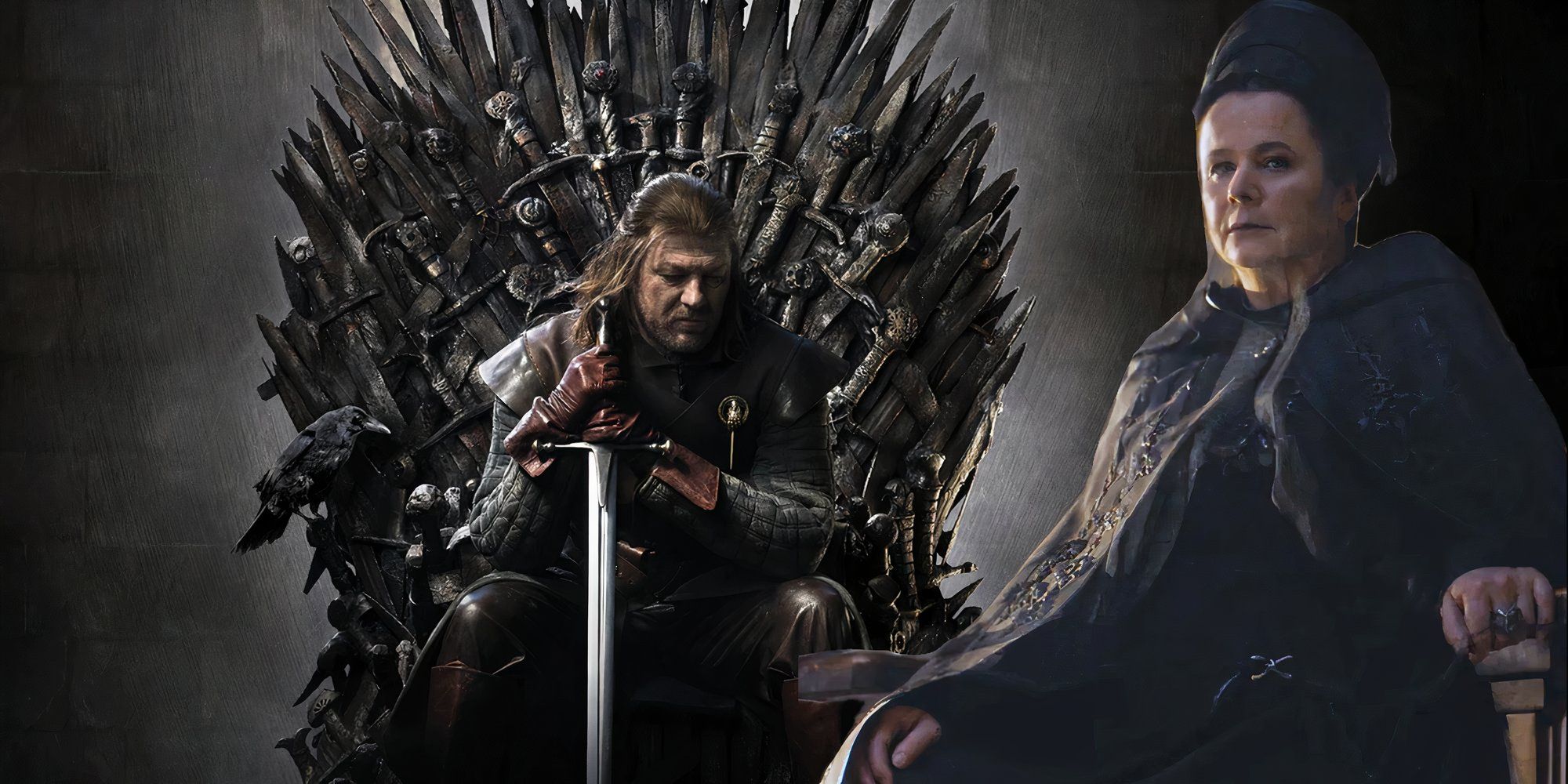
Related
Dune: Prophecy May Fill the Game of Thrones Void
Dune: Prophecy is showing all the signs of being the next Game of Thrones-like TV show viewers can immerse themselves in.
Sister Lila Gets Caught In The Sisterhood’s Conflict
As Valya and Tula Harkonnen fight over how the Bene Gesserit should be run, at the heart of their conflict is one scared, powerful girl: Sister Lila (Chloe Lea), a young novice of the Sisterhood. Lila has been raised by the Bene Gesserit and knows nothing outside the order and her training. Her youth and kindness have built a close relationship with Tula, who sees herself as a mother figure to Lila. This relationship is tested in a heartbreaking way when Lila is chosen for a dangerous duty connected to the prophecy of the Kwisatz Haderach.
Q: There’s this beautiful relationship between Sister Lila and Mother Tula that gets developed very quickly, after only a few scenes. You can so clearly see the depth of this relationship. How did you go about making such a close relationship with really only a few interactions to show the viewer?
Lea: I mean, Olivia [Williams] is brilliant. A lot of it is her, I’m only half the dance, and Olivia is just so easy to act with and be present in a scene with. I didn’t even feel like it was a conscious effort that we were trying to make these two people look like they had chemistry because I feel like there are remnants of Lila’s and Tula’s relationship in mine and Olivia’s relationship.
I feel like she’s probably slightly protective over me, with how long she’s been in this industry for and how much of a pro she is. This is all quite new to me, especially something on this scale. I feel like there were elements of crossover in our relationship and the relationship between Tula and Lila. I don’t think it was something that we struggled to foster, and I hope that it came across well in the few scenes that we have.
Alison Schapker Loved Telling The Story Of The Women Of Dune
Producer and writer Alison Schapker is no stranger to writing powerful female characters, from Scandal’s Olivia Pope to Westworld’s Dolores and Maeve. She was eager to get the chance to tell the story of the women of the Dune universe, who were often overlooked in Frank Herbert’s original novels. Schapker also rose to the challenge of blending the narrative of Brian Herbert and Kevin J. Anderson’s Sisterhood of Dune with original characters and stories created for the show.
Q: Previous Dune stories have often neglected women – what is it like to get to tell such a female-focused story in the Dune universe?
Schapker: It’s so exciting, and it feels so fitting because I feel like women are there in the Dune universe. It’s just wonderful to take these figures that are so larger than life, so at the top of their power, so mysterious in Frank Herbert’s Dune and the Dune movies and then to dig in a little more – both in the sort of origin story that’s in Brian Herbert and Kevin J. Anderson’s novels, both Sisterhood of Dune and the Schools trilogy, and then to also have a little bit of room to be adapting and creating based on that material.
I have never met a Dune fan who didn’t want to know more about the Bene Gesserit, so it feels like just so much fun to be in this corner of the universe, with this specific institution rising. On top of that, to have two Harkonnen sisters at the helm of it is, in every way, an incredible privilege. Thrilling. It feels wonderful.
[END]
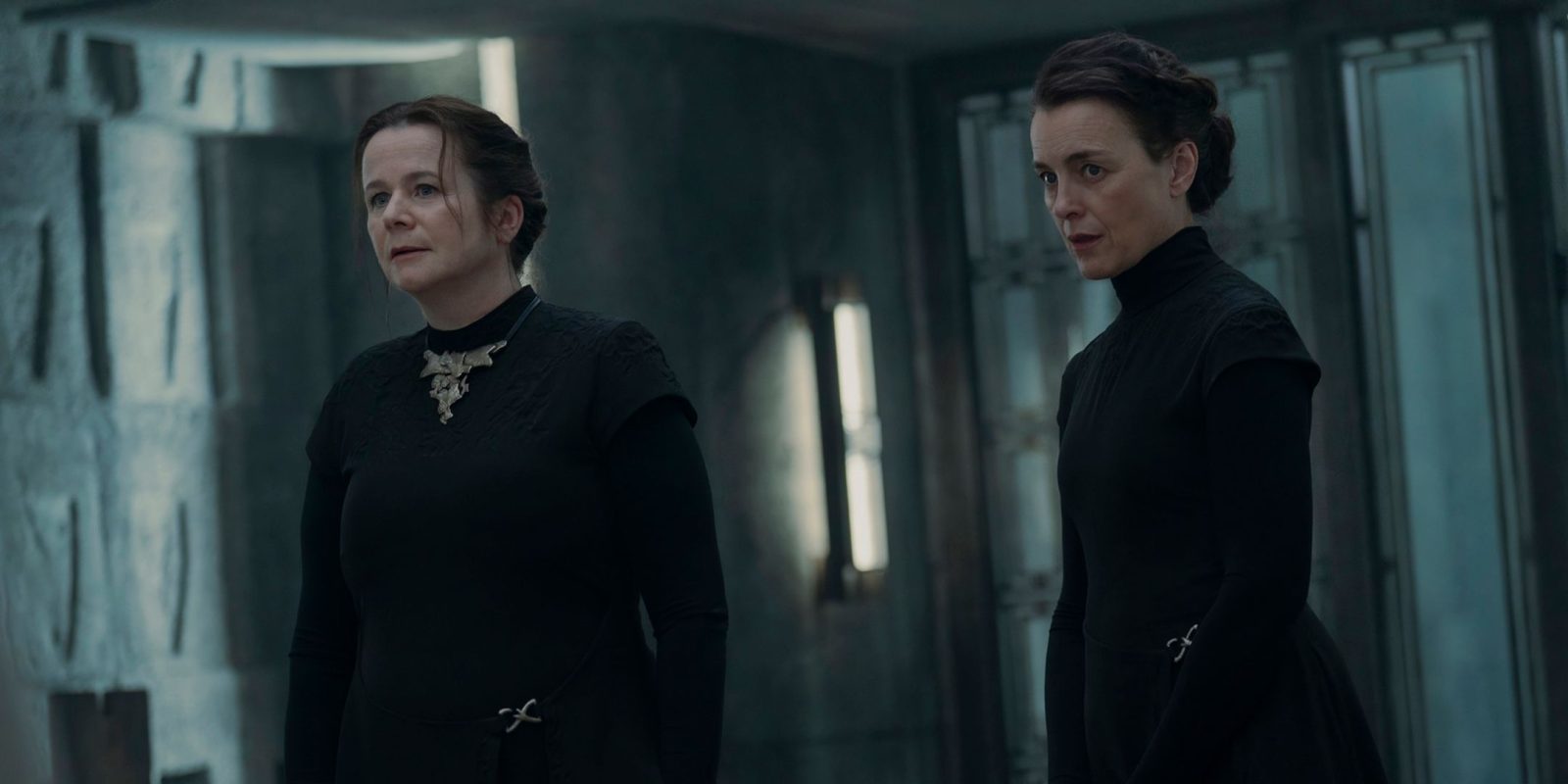
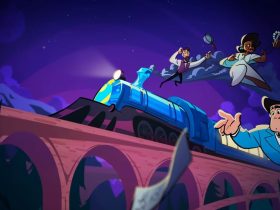
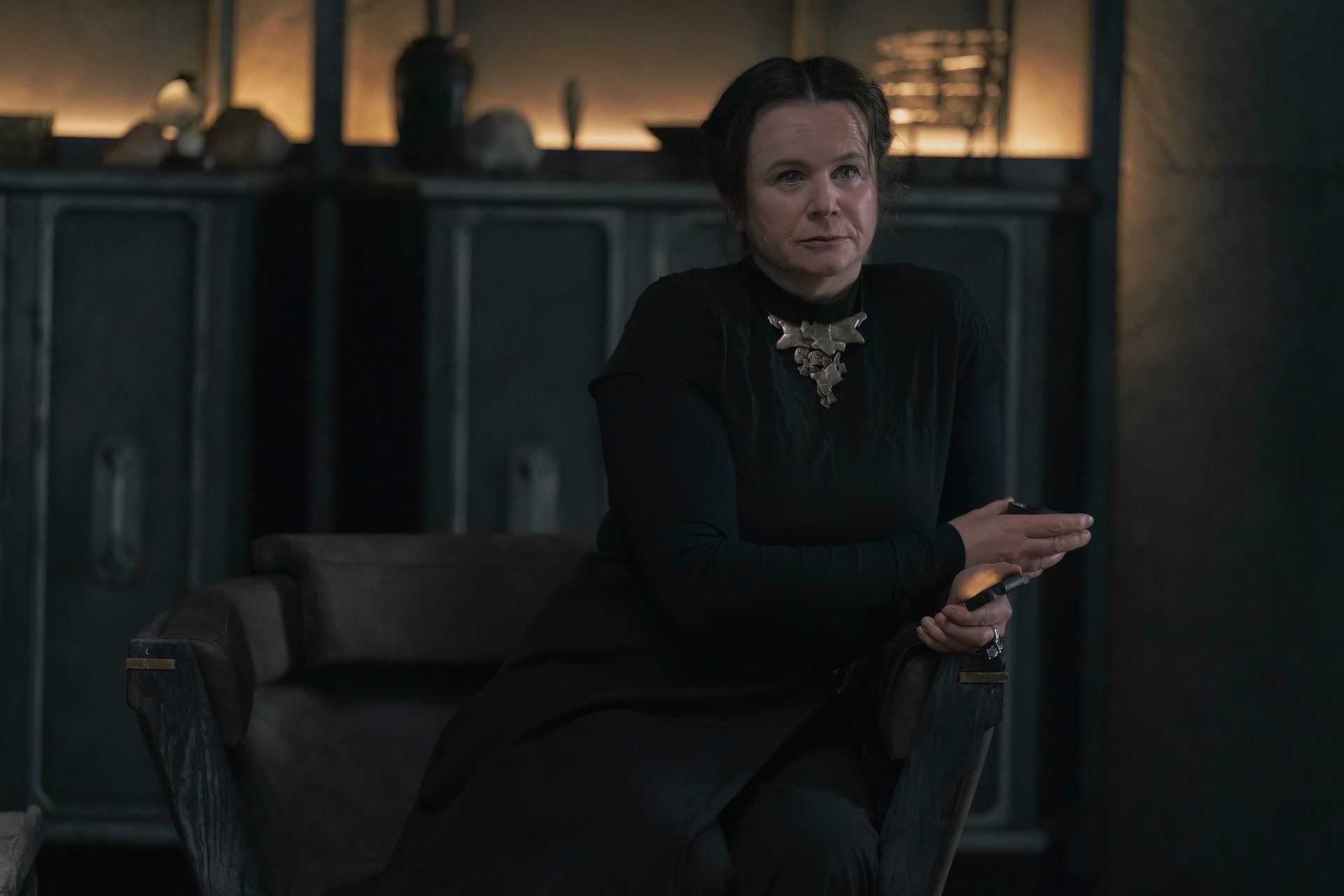
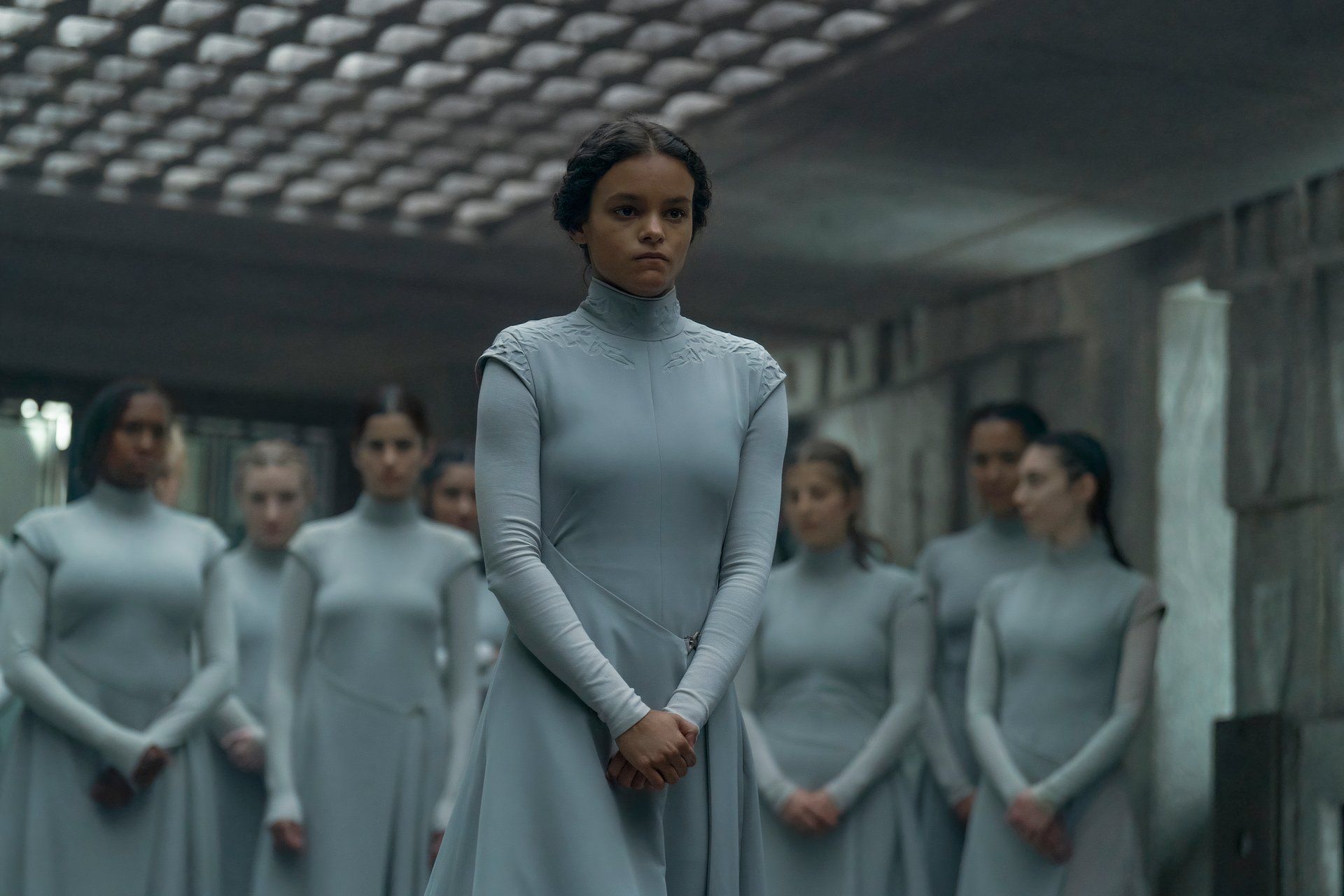
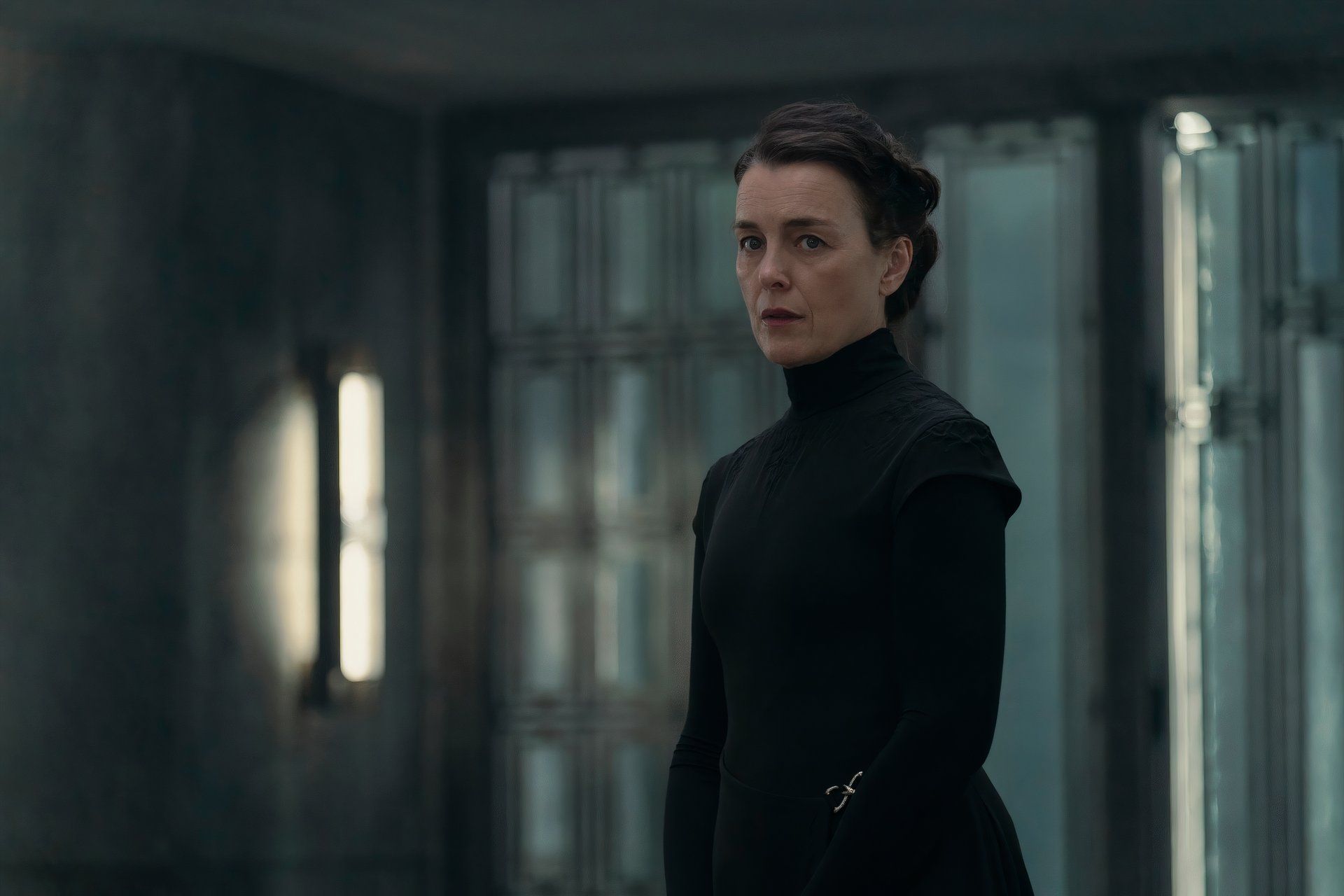
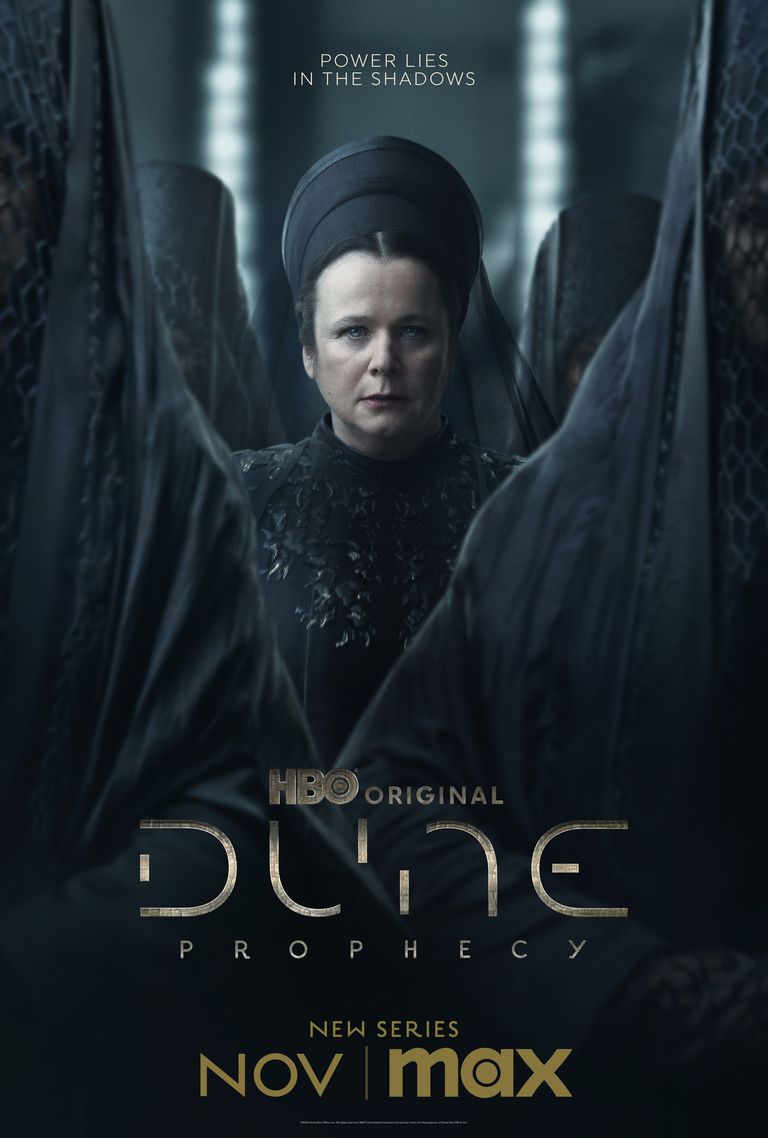
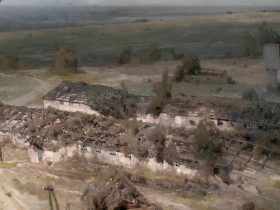
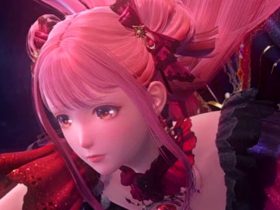
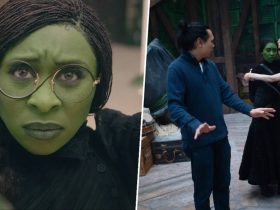


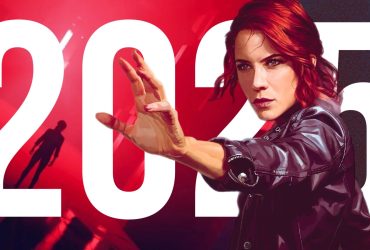
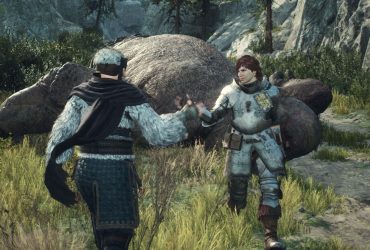
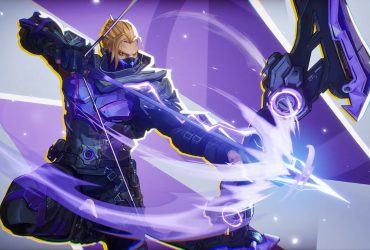
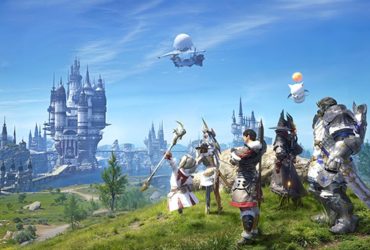
Leave a Reply